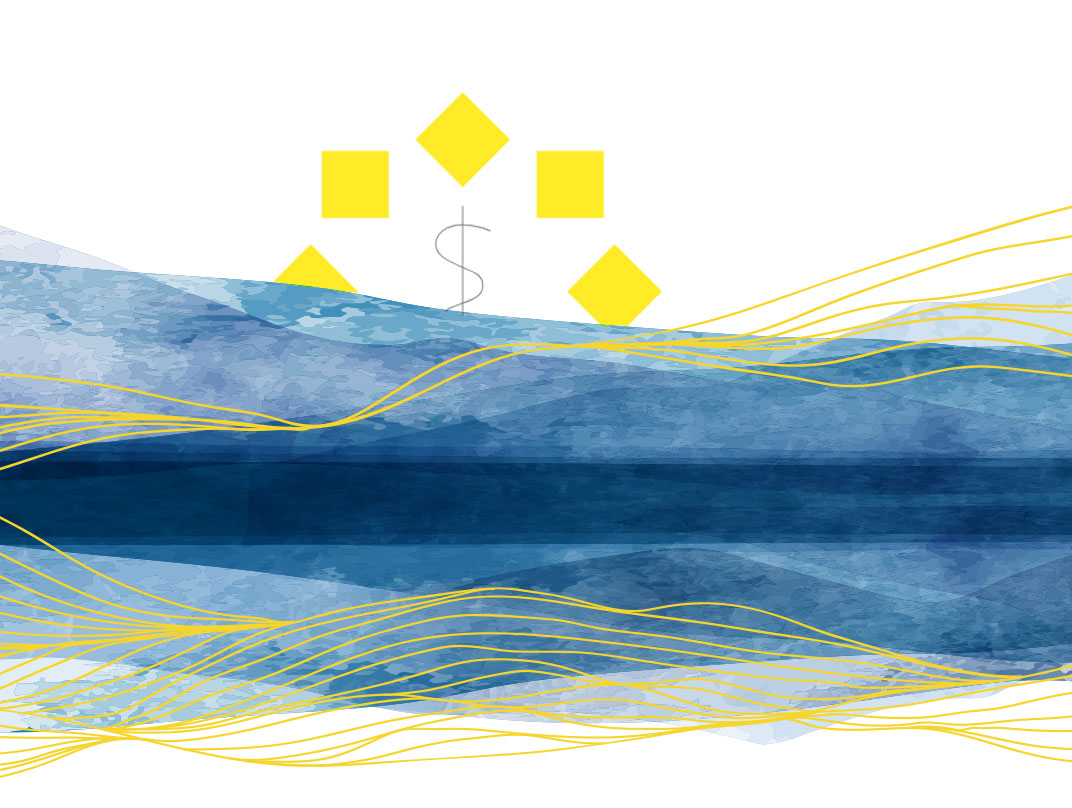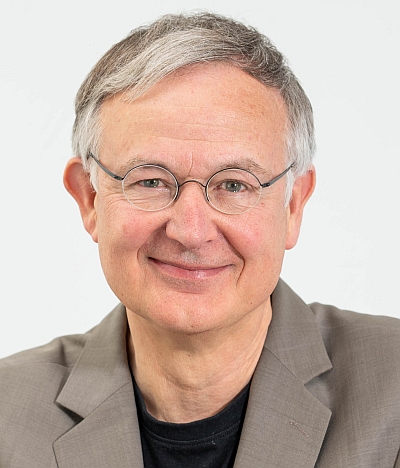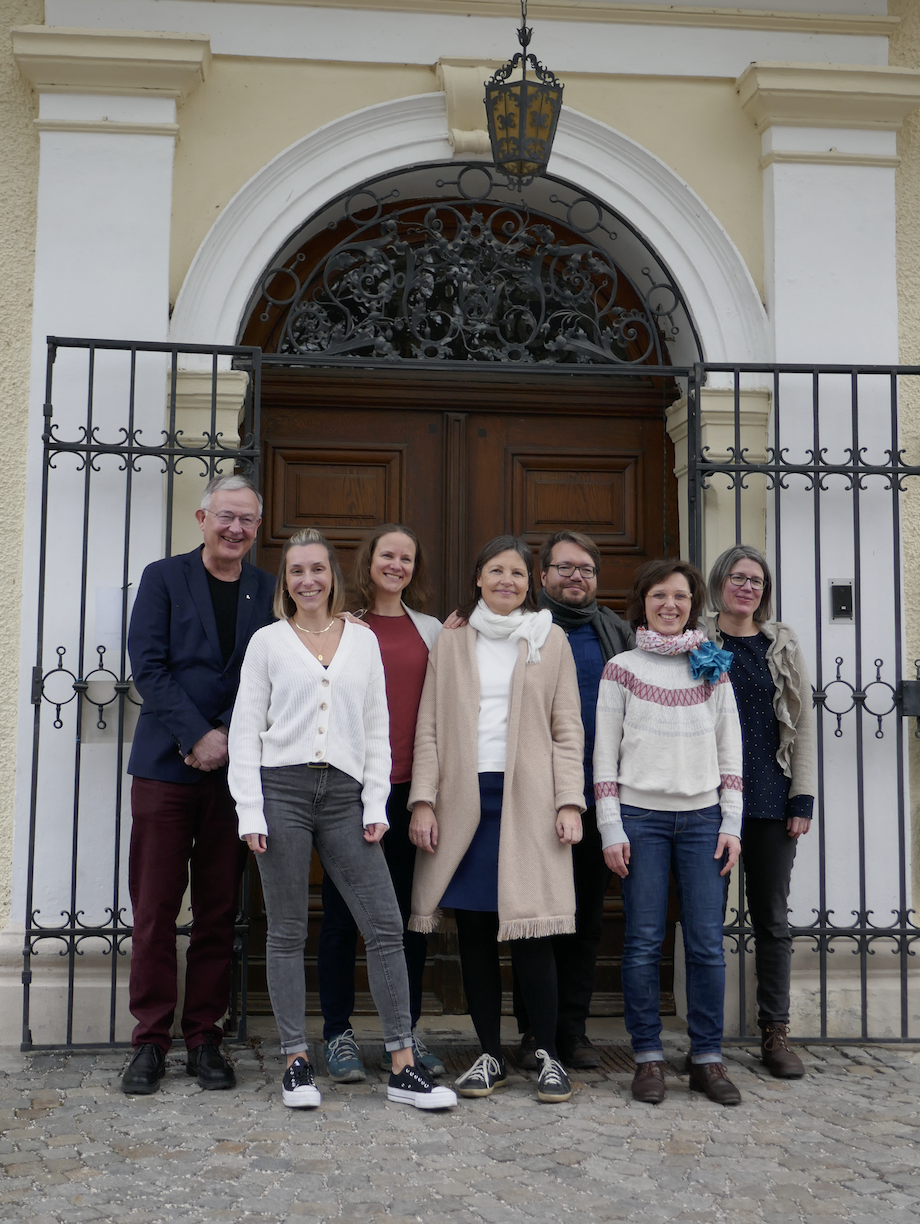Professorship of Spiritual Care and Psychosomatic Health
"Spirituality"
(from Latin "spiritus" meaning soul, breath, wind)
is used in health sciences as a broad-based, interdenominational and interfaith concept.
"Spirituality" can be understood as personal religiosity within a religious community, but also as a world view without institutional ties.
Spiritual Care is the shared concern of medicine, nursing, psychotherapy and other healthcare professions for the spirituality of sick people, but also for their own spirituality.
|
Current Issue: Alter(n) - Age(ing)From this Issue - in English:
|
"The Pause".
One minute of silence after the death of a person in the intensive care unit
Presentation (English) of first findings of the research project (German) >> by Ruth Mächler
Presentation slides (English) >>
---------------------
Symposium: Transforming the biopsychosocial model into a bio-psycho-social-spiritual model
Head: Eckhard Frick and Frølund Pedersen
at the
12th Annual Scientific Conference of the EAPM 2025 >> : “Transformating the biopsychosocial model: conceptual and clinical aspects” | September 10-13, 2025 | Munich
|
Prof. Dr. med. Eckhard Frick SJ
|
|
Professorship - Team
|
News
Published now !
Psychoanalysis, depth psychology, attachment theory, narratology, and theology are partners in a spiritual care approach originating in dialogue and discussion between Eckhard Frick (psychiatrist, theologian, psychoanalyst) and Brigitte Boothe (psychologist, psychoanalyst, researcher in literature and narratology).
Excellent professionalism is crucial in medical and therapeutic treatment for severely ill, burdened, and dying persons. But no treatment programme prevents the process of dying. Instead, engaged relatedness is highly relevant when confronted with the limits of manageability, control and professionality.
The exploration of the spiritual dimension in human relations and the human course of life unfolds in forms of interpersonal dialogues in various contexts, inviting openness in a mindset of receptivity and resonance.
Authors: Brigitte Boothe, Eckhard Frick and Klaus Michael Reininger
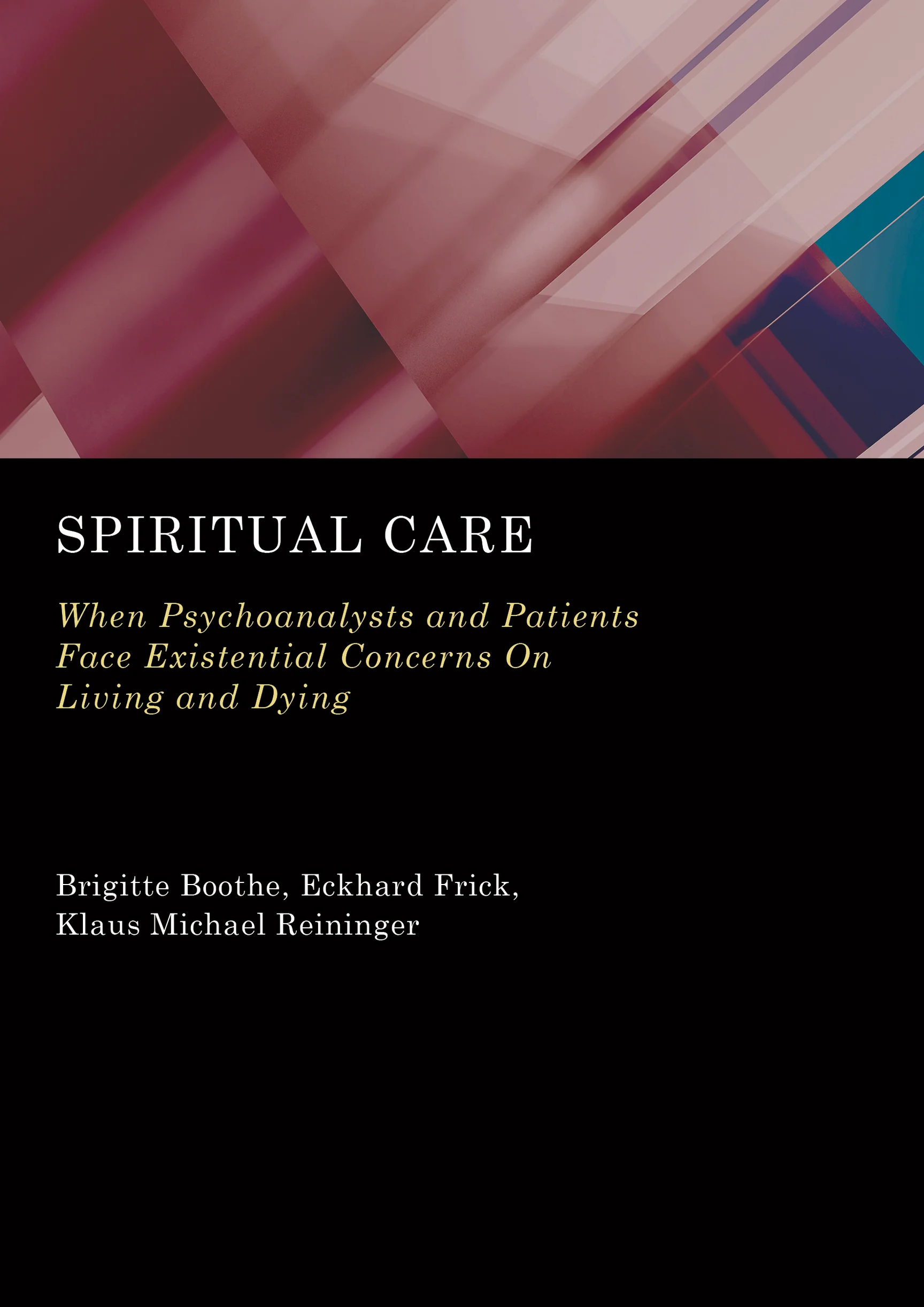
Published now !
Exploring the role of spirituality and the meaning of life of family caregivers: a qualitative study in Germany
If family caregivers experience meaning in their lives, it helps them to accept their care role, develop a
better connection to themselves, and become generally more aware of themselves as individuals with needs and
requirements. Three forms of spirituality help family caregivers to experience meaning in life: reflection, awareness,
and inner confidence.
Authors: Jenny Kubitza, Verena Steinmaier, Natascha Lauer, Anna Pendergrass und Eckhard Frick
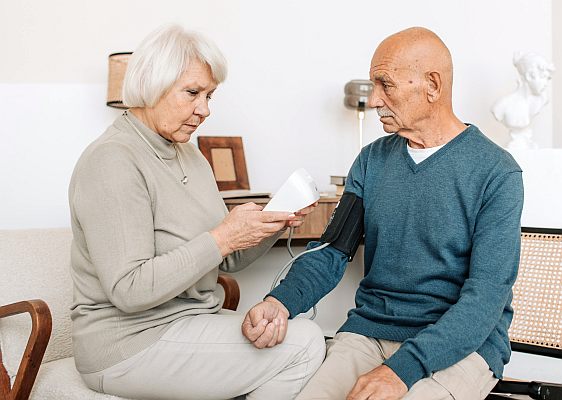
Research Projects
Call for Papers !
Spiritual Care for Critical Care Patients & Staff
We are preparing a special issue of Medizinische Klinik – Intensivmedizin und Notfallmedizin, an internationally respected interdisciplinary and bilingual journal:
Patients in the intensive care unit (ICU) of a hospital are confronted with a life-threatening disease or a critical condition, with challenging bodily symptoms such as pain or grave infirmity. Moreover, they must tackle the (temporary) loss of autonomy and self-determination or even a reduced state of consciousness.
On the other hand, not only patients in ICUs are confronted with spiritual questions and needs. The staff assigned to ICUs, doctors, nurses, physiotherapists and others, face grave diseases and critical conditions each day, as well as the sometimes underlying factors behind the disease. Part of professional understanding is to perceive the person of the patient as a whole, and to provide treatment on a holistic level, including the spiritual needs of the patient.
Qualitative and quantitative papers are welcome! Please contact us: spiritualcare.psychosomatik@mh.tum.de
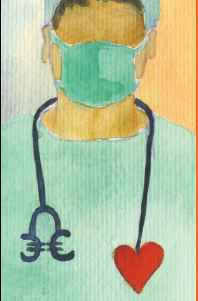
Courses (non-German)
Videos in English
- "The Pause". One minute of silence after the death of a person in the intensive care unit. Survey of nursing staff regarding their expectations. (Presentation of first findings of the research project)
- How do health professionals' religious / spiritual convictions influence therapeutic decisions?
- Spiritual Care: Dialogue with medical students
- Spiritual Care: Dialogue with medical students - What is the best spiritual care model?
- Spiritual Care: Dialogue with medical students - When is a suitable moment for taking a spiritual history?
- Spiritual Care: Dialogue with medical students - Welcoming traditional health & disease beliefs?
- Training general practitioniers and medical assistands to integrate spiritual needs
- Critical care providers' moral distress
Publications in English
2025
Boothe B, Frick E, Reininger KM (2025)
Kubitza J, Steinmeier V, Lauer N, Pendergrass A, Frick E (2025) Exploring the role of spirituality and the meaning of life of family caregivers: a qualitative study in Germany. BMC Nursing (2025) 24:669. https://doi.org/10.1186/s12912-025-03398-x
Kubitza J, Handtke V, Mächler R, Teutsch D, Frick E (2025) How the consideration of spiritual types could help in coping with moral distress: a qualitative study. Dimensions of Critical Care Nursing44(2):62-68.https://doi.org/10.1097/DCC.0000000000000684
Teutsch D, Frick E, Kubitza J (2025) What motivates critical care nurses to stay in their job? – Structural aspects for empowering intrinsic motivation in permissive professional contexts: A scoping review. Intensive and Critical Care Nursing 88:103929. https://doi.org/10.1016/j.iccn.2024.103929
2023
Hinzmann, D., Schütte-Nütgen, K., Büssing, A., Boenisch, O., Busch, H.-J., Dodt, C., Friederich, P., Kochanek, M., Michels, G. & Frick, E. (2023) Critical care providers' moral distress: Frequency, burden, and potential resources. Int J Environ Res Public Health 20(1): 333. https://www.mdpi.com/1660-4601/20/1/333
Kubitza, J., Große, G., Schütte-Nütgen, K. & Frick, E. (2023) Influence of spirituality on moral distress and resilience among critical care staff in the era of the Covid 19 pandemic: A scoping review Intensive & Critical Care Nursing. https://doi.org/10.1016/j.iccn.2022.103377
Mächler, R., Frick, E., Sturm, N., Stolz, R., Valentini, J. & Straßner, C. (2023) Evaluation of an intervention in general practices to strengthen social activities in older patients–A qualitative study of patients’ experiences in the project HoPES3. Patient Educ Couns 107: 107571.
2022
Große, G., Frick, E. & Schütte-Nütgen, K. (2022) Does spirituality mitigate critical carers’ moral distress and strengthen their resilience? A scoping review protocol (registration DOI: 10.17605/OSF.IO/UYV9G). Spir Care 11(2): 192-198.
Maidl, L., Seemann, A.-K., Frick, E., Gündel, H. & Paal, P. (2022) Leveraging spirituality and religion in European for profit organizations: a systematic review. Humanistic Management Journal 7: 23–53.
Sohail, M. M., Frick, E. & Büssing, A. (2022) Spiritual care competences among health care professionals in Pakistan: Findings from a cross-sectional survey. Religions 13(4): 370.
Huperz, C., Sturm, N., Frick, E., Mächler, R., Stolz, R., Schalhorn, F., Valentini, J., Joos, S. & Straßner, C. (2022) Experiences of German health care professionals with spiritual history taking in primary care: a mixed-methods process evaluation of the HoPES3 intervention. Family Practice.
2021
Kunsmann-Leutiger, E., Straßner, C., Schalhorn, F., Stolz, R., Stotz-Ingenlath, G., Buhlinger-Göpfarth, N., Bentner, M., Joos, S., Valentini, J. & Frick, E. (2021) Training general practitioners and medical assistants within the framework of HoPES3, a holistic care program for elderly patients to integrate spiritual needs, social activity, and self-care into disease management in primary care. Journal of Multidisciplinary Healthcare 14: 1853.
Sturm, N., Stolz, R., Schalhorn, F., Valentini, J., Krisam, J., Frick, E., Mächler, R., Szecsenyi, J. & Straßner, C. (2021) Self-efficacy, social activity, and spirituality in the care of elderly patients with polypharmacy in Germany—A multicentric cross-sectional study within the HoPES3 trial. Healthcare 9(10): 1312.
< 2021
Kunsmann-Leutiger, E., Loetz, C., Frick, E., Petersen, Y. & Müller, J. J. (2018) Attachment style and spiritual coping in palliative patients. J Hospice Pall Nurs 20(4): 385-391.
Partners
|
|
Josef and Luise Kraft FoundationThe Josef and Luise Kraft Foundation is a sponsor of the Chair. The topic of “healthy aging” creates strong scientific connections between the Chair and the Foundation. The Foundation’s purpose is to “support destitute elderly people worthy of assistance” and generally promote aid and care for the elderly. |
|
|
|
|
|
My Home LifeThe My Home Life program was launched in 2006 by the National Care Forum. This program, which has integrated scientific input from the outset, operates successfully in England, Scotland, Wales, Northern Ireland and Australia – and was also launched in Germany several years ago. |
|
|
|
|
|
MUTASPIRHow can nursing and healthcare institutions integrate spiritual care as a resource? The MUTASPIR network, a project at Munich School of Philosophy, develops tailored organizational and staff development strategies to support the implementation of spiritual care in healthcare settings. |


